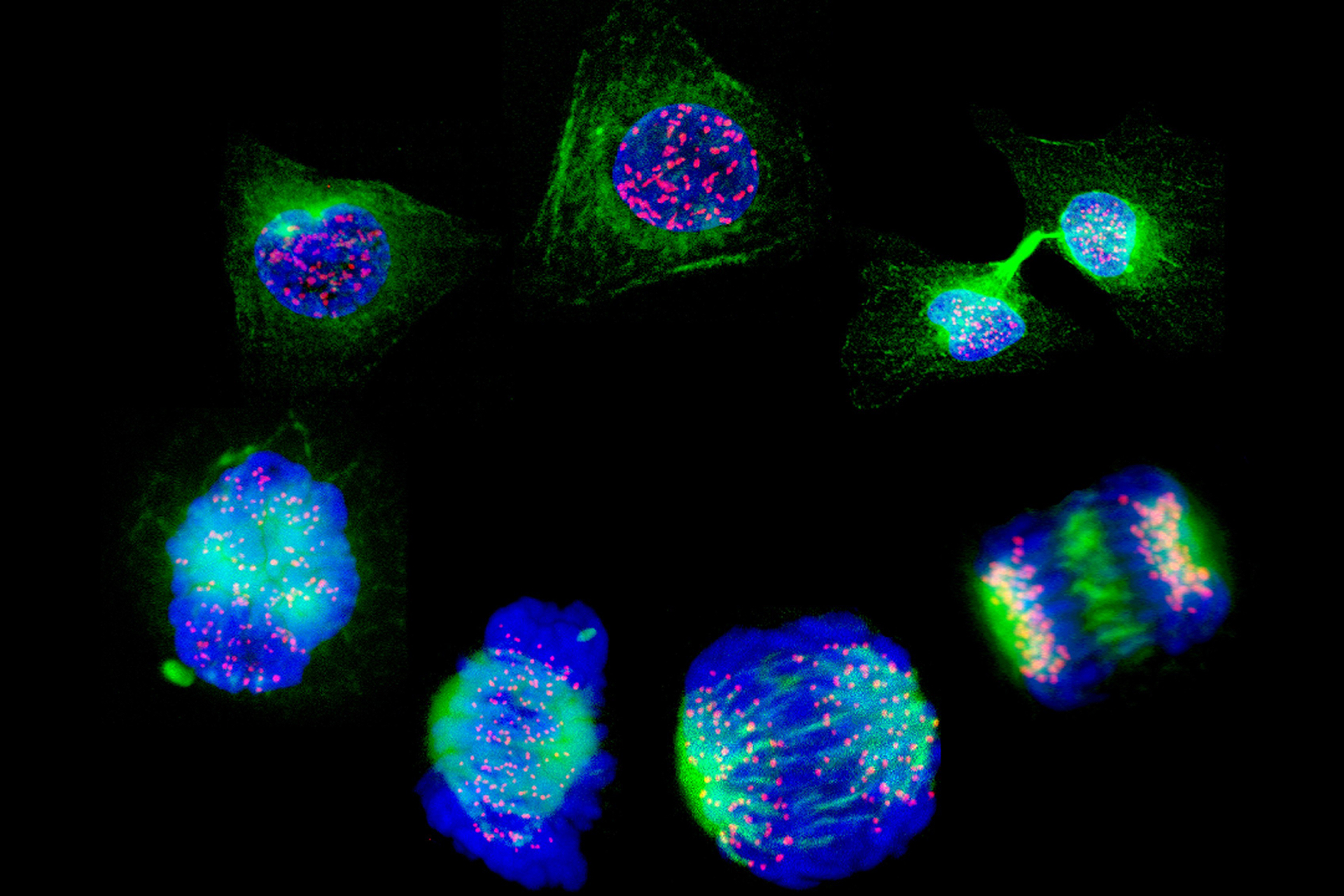I half expected this single episode documentary, King of Clones, on the fall from grace of South Korean scientist, Hwang Woo-Suk, convicted in 2009 for embezzling funds and purchasing human eggs for research (see BioNews 532), to ride a little too lightly over an inherently captivating and controversial subject matter. Starting with sound bites and alarmist news clips recounting nightmarish visions of the future, my initial impression was that my evening would be entertaining, although hardly earth shattering. However, the documentary packed a punch on several levels.
The scandals surrounding Hwang – the use of junior researchers to donate eggs, the fabrication of images and data, the hype, and media furore – were all covered using expert and witness testimony, offering a real-life angle and suitably critical lens on the saga. It is also a chance to hear Hwang himself speak about his work. To be true, this is value added content. The documentary highlights the personal tragedies of those impacted by the scandal and gives Hwang a platform on which to repent (or defend himself). Adding to this the outlandish uses of cloning technology to clone the deceased and beloved pets (and racing camels) of those with the money to spend (projects Hwang was involved with), this is entertaining drama rivalling other kings of Netflix.
The most powerful message from the film, however, left me thinking more deeply about what I had just watched. Putting Hwang's understatement of an apology aside for now ('the incident taught me a hard lesson'), I was taken by how an overwhelming surge of individual and national interests can coalesce around a technology and are catalysed by the raw human emotions of hope and loss at the expense of reason, ethics and safeguards. This was not a story of 'rogue scientist gets found out', but one of inflated promise and the fragility of hope. Of how a nation state and a scientific community put blind faith in an unproven technology and created a cheerleader for the cause. How, as concerns raised about the use of junior researchers to donate eggs (who spoke in the documentary about doing so for 'a greater purpose') were initially side-lined, truth was overlooked for the sake of the national interest.
News of Hwang's progress in animal cloning generated huge interest in the potential therapeutic benefits of stem cell research in humans. Hwang was seen as developing the technology for the advancement of the country. He was revered, appointed to prestigious positions, granted generous research budgets, and was lauded in the press. Wheelchair users were introduced to Hwang on stage who would tell them that one day he hoped they would stand again. As one commentator pointed out, this is something Jesus would say. How can a scientist capitalise on hope? Tell a man they will walk again?
The documentary evokes massive questions around professional ethics but also casts a critical gaze on an industry that capitalises on promise – not something at all unique to South Korea or to biotechnology. No viewer would be unmoved by the collapse of faith that so many patients had placed in Hwang after the scandal was brought to light. One father described how his son, unable to walk after an accident, had been given hope only to see it dashed. Place faith in God, his father said, not ordinary men. The personal stories served a stark realisation of the human implications and sensitivities of innovative technological progress in healthcare.
The juxtaposition of the promise of human therapeutic cloning with a relatively successful yet strangely unnerving industry around cloning animals made even sharper the critical reflection on the capitalisation of hope. We hear the story of Mabrukam, the prize racing camel the 'size of a dinosaur'. When the camel died, skin and testicle samples were stored in a freezer and ten years later, with help from Hwang, multiple cloned Mabrukams were produced. We also hear about Csillio, the beloved dog who was stored in a fridge after its death, from which two clones where successfully produced (one of which is still alive).
The success (but mostly failures) of the animal cloning programme offers an absurd comparison with the promise of therapeutic cloning. The cavalier approach to scientific endeavour (when discussing a failed animal cloning experiment, Hwang said 'This is what science is. And some might think it reckless but in science you can't ignore a path just because it's reckless') smacks against the apparent disregard for rigor when it came to human therapeutic cloning. Profoundly, both animal cloning and human therapeutic cloning played on deep human interests and desires. Responding to the grief shown by the dog owner after its death, Hwang said: 'Grief is the catalyst. It's where our cloning process really begins'.
The documentary highlights how profoundly important it is that scientists think about ethics. It recounts lessons regarding academic rigour, scrutiny, consent, and impartiality. None of these takeaways will be new to those familiar with the scandal. However, the programme left me with an odd feeling. Some of the tears shown were from those not in opposition to Hwang, but in despair at the curtailment of what they hoped to be a cure. It provides a different perspective on the failure of promise and lack of rigour I have always associated the scandal with. While Hwang is repentant ('this happened because of my excessive greed'), he stood firm ('I stand behind my contributions to science').
There may have been mistakes, but many of his followers still saw the value of promise in therapeutic cloning. Although Hwang strongly rejected the notion that he was 'playing God', I couldn't help but feel there remained a strong pull towards the 'Church of Hwang' despite all that had happened.





Leave a Reply
You must be logged in to post a comment.